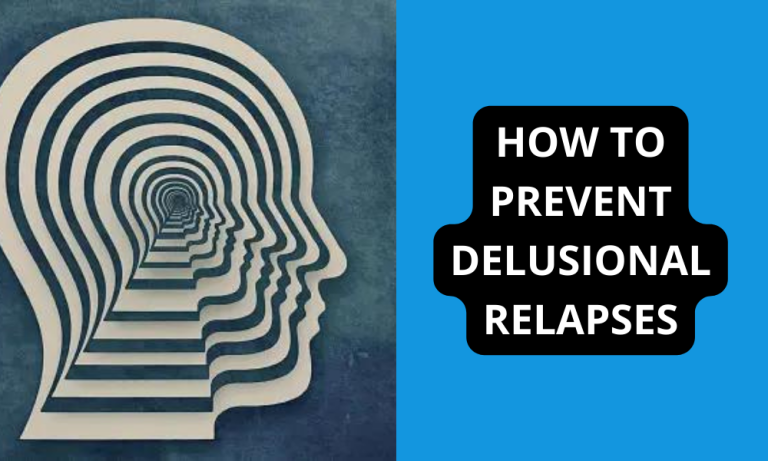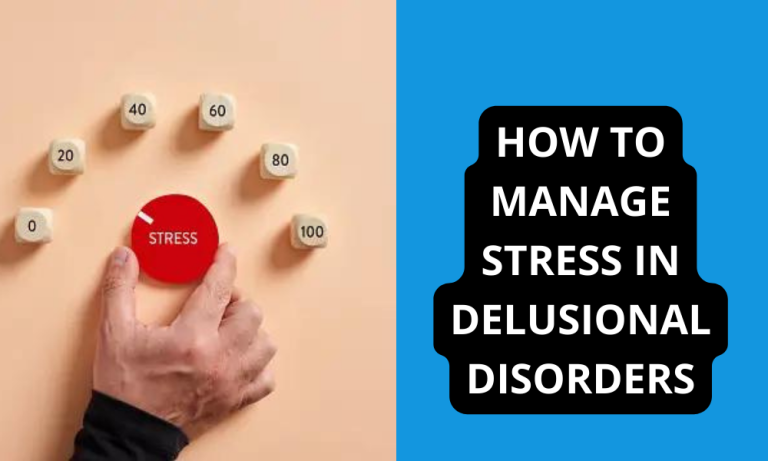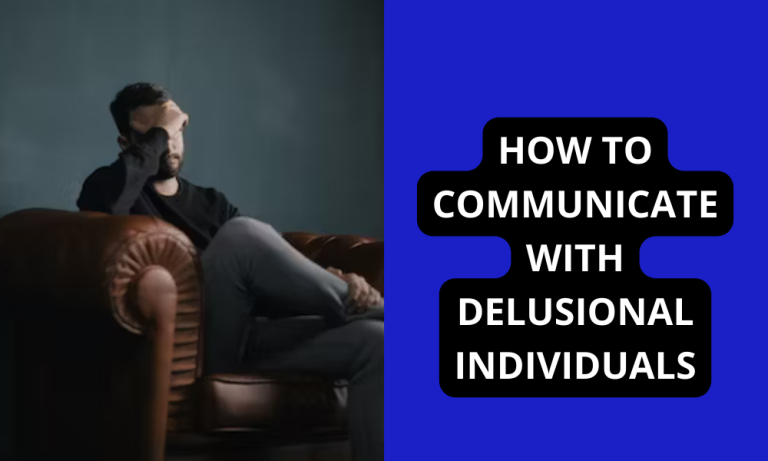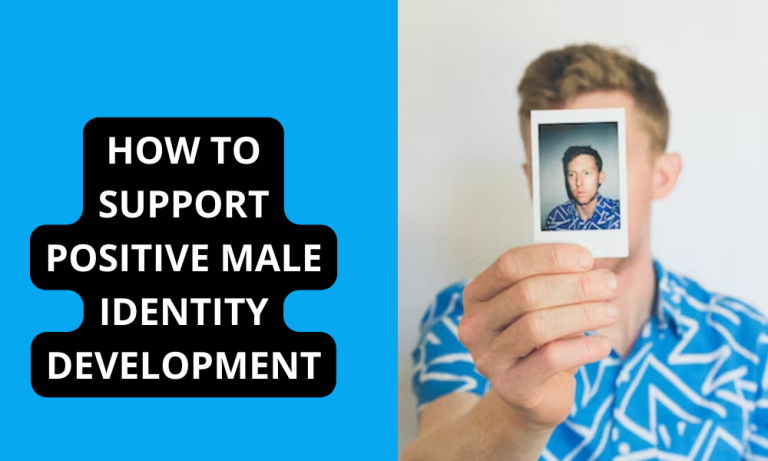What causes delusional jealousy and how to cope?
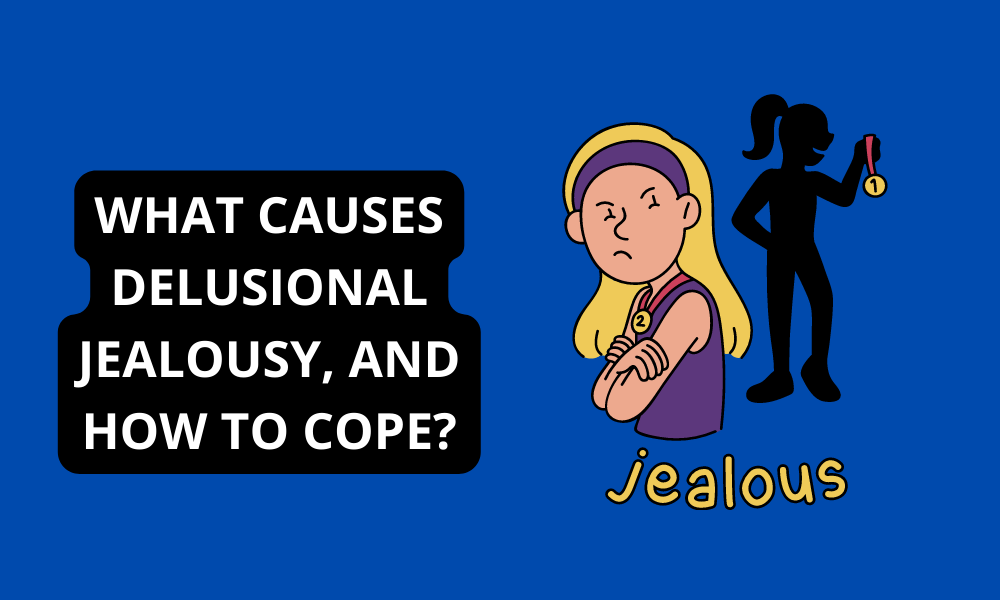
Imagine feeling really worried that your partner is being unfaithful, even when there’s no real proof. That’s called “delusional jealousy.” It’s like a tricky feeling that can make relationships feel not so good and mess with our minds.
But don’t worry, we’re here to help you understand and handle this feeling. In this article, we’re going to dig into why delusional jealousy happens and give you some simple tips on how to deal with it. We’ll share stories from real people and trusted sources, so you know you’re getting good advice.
Our goal is to make things clearer for you. We want you to feel better about this tough feeling and find ways to manage it. So, let’s get started and learn how to handle delusional jealousy together.
What Causes Delusional Jealousy?
Delusional jealousy stems from a complex interplay of psychological, biological, and environmental factors. Understanding these underlying causes is crucial in developing effective coping strategies. Let’s explore some of the key contributors to this condition:
Insecurity and Low Self-Esteem
Individuals with deep-rooted insecurities and low self-esteem are more prone to experiencing delusional jealousy. They may constantly doubt their partner’s loyalty and feel unworthy of love, leading to irrational suspicions and mistrust.

Past Traumatic Experiences
Past experiences of betrayal or infidelity, whether in current or previous relationships, can leave emotional scars that influence an individual’s perception of trust. Traumatic events can intensify feelings of suspicion and contribute to the development of delusional jealousy.
Psychological Disorders
Certain psychological disorders, such as paranoid personality disorder, schizophrenia, or bipolar disorder, can increase the risk of delusional jealousy. These disorders may distort an individual’s thought processes, making them more susceptible to developing irrational beliefs about their partner’s faithfulness.
Family Background and Upbringing
The family environment during childhood plays a significant role in shaping one’s emotional and cognitive development. Individuals raised in families with a history of jealousy or possessiveness may be likelier to exhibit delusional jealousy in adult relationships.
Inadequate Communication
Poor communication within a relationship can create a lack of emotional connection and understanding between partners. When communication is lacking, misunderstandings and misinterpretations can fuel delusional thoughts.
Substance Abuse
Excessive alcohol or drug consumption can impair judgment and exacerbate insecurities, leading to delusional beliefs about a partner’s actions. Substance abuse may also contribute to the breakdown of trust in a relationship.
Social and Cultural Influences
Social and cultural norms can significantly impact an individual’s beliefs about relationships and fidelity. Societal pressures and unrealistic expectations may trigger feelings of jealousy and suspicion.
Hormonal Imbalances
Research suggests that specific hormonal imbalances in the brain may influence emotional regulation and trigger delusional thoughts. This hormonal dysregulation could contribute to the development of delusional jealousy.
Neurological Factors
Neurological conditions or brain injuries that affect cognitive processing and emotional regulation may also play a role in the development of delusional jealousy. Additionally, exploring innovative tools like the male delusion calculator could provide valuable insights into understanding and addressing the root causes of this condition.
Stress and Anxiety
High stress and anxiety levels can distort perceptions and lead to paranoid thinking, intensifying feelings of jealousy and suspicion.

How to Cope with Delusional Jealousy
Coping with delusional jealousy requires a combination of self-awareness, professional support, and healthy coping mechanisms. Here are some effective strategies to help you manage this challenging emotion:
1. Recognize and Acknowledge Your Emotions
The first step in coping with delusional jealousy is acknowledging and accepting your emotions without judgment. It is normal to experience jealousy, but delusional thoughts require proper attention and management.
2. Seek Professional Help
Consulting a mental health professional, such as a therapist or counsellor, can provide valuable insights and coping strategies tailored to your situation. They can help you explore the root causes of your delusional jealousy and guide you toward healing.
3. Improve Communication Skills
Enhance your communication skills to express your feelings and concerns openly with your partner. Effective communication fosters understanding and reduces misunderstandings that can trigger delusional thoughts.
4. Engage in Cognitive Behavioral Therapy (CBT)
CBT is an evidence-based approach that helps individuals identify and challenge irrational beliefs and thought patterns. It can be beneficial in managing delusional jealousy by replacing negative thoughts with more rational and constructive ones.
5. Practice Mindfulness and Meditation
Mindfulness techniques and meditation can help you stay grounded in the present moment, reducing anxiety and intrusive thoughts. Regular practice can improve emotional regulation and lower the intensity of delusional jealousy.
6. Build a Supportive Network
Surround yourself with a supportive network of friends and family who can provide emotional reassurance and understanding during difficult times.
7. Engage in Relaxation Techniques
Participate in activities promoting relaxation, such as yoga, deep breathing exercises, or leisure time in nature. These activities can help reduce stress and anxiety associated with delusional jealousy.
8. Avoid Substance Abuse
Refrain from using substances that may exacerbate feelings of jealousy or impair judgment. Instead, seek healthier ways to cope with emotions.
9. Practice Self-Compassion
Be kind to yourself and practice self-compassion. Recognize that everyone has insecurities and that it’s okay to seek help when needed.
10. Engage in Positive Distractions
Immerse yourself in hobbies or activities that bring joy and fulfilment. Positive distractions can redirect your focus away from delusional thoughts.
11. Set Realistic Expectations
Recognize that no relationship is perfect, and it’s normal to experience ups and downs. Setting realistic expectations can reduce feelings of anxiety and jealousy.
12. Stay Educated on Delusional Jealousy
Educating yourself about delusional jealousy and its causes can demystify the condition and help you better manage it.
13. Practice Patience
Recovery takes time, and coping with delusional jealousy is a process. Be patient with yourself as you navigate through challenging emotions.
FAQs
Final Thoughts
Delusional jealousy is a complex psychological condition that can profoundly impact individuals and their relationships. Understanding the underlying causes, such as insecurity, past traumas, and psychological disorders, is crucial in developing effective coping strategies. Seeking professional help, engaging in healthy communication, and practising self-compassion are essential to managing this challenging emotion.
Remember, recovery from delusional jealousy takes time, and it’s crucial to be patient with oneself during the healing process. With the proper support and strategies, individuals can regain control of their lives and foster healthier relationships built on trust and understanding.
If you or someone you know is struggling with delusional jealousy, don’t hesitate to seek professional help. A licensed therapist or counselor can provide tailored guidance and support to facilitate the journey toward healing.


